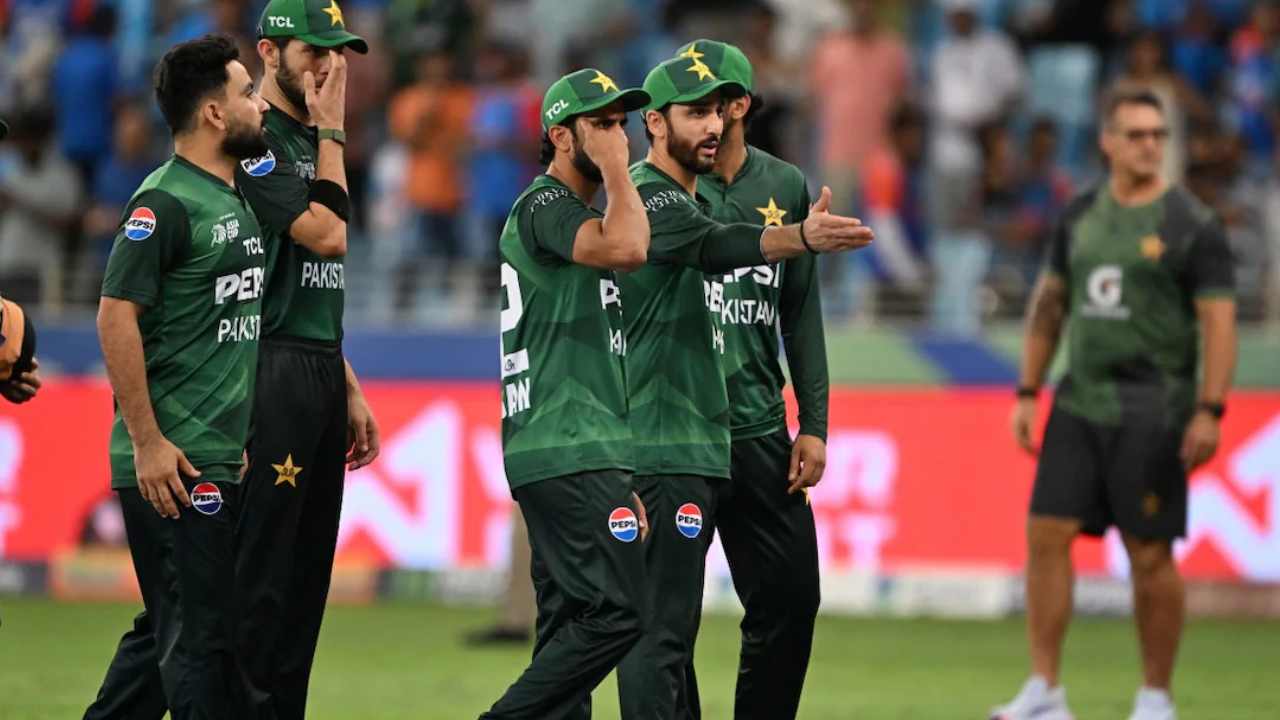DUBAI — Pakistan nearly withdrew from the Asia Cup following a controversy over match referee Andy Pycroft, after accusing him of condoning unsportsmanlike conduct by India during their heated clash. The Pakistan Cricket Board (PCB) delayed their game against the United Arab Emirates by an hour in protest, but ultimately resumed participation after receiving what they described as an apology and a promise of inquiry.
Handshake Snub Sparks Outrage
The dispute began when Indian players reportedly refused to shake hands with their Pakistani counterparts at both the toss and the end of the match. The PCB considered this a breach of cricketing etiquette and fair play. PCB chairman Mohsin Naqvi, who also serves as Pakistan’s interior minister, demanded Pycroft’s removal from officiating duties.
The situation escalated further after India’s captain dedicated the victory to the country’s armed forces, adding political weight to the episode. With bilateral relations already strained following border conflicts earlier this year, the controversy struck a particularly sensitive chord.
Back-and-Forth Before the Match
Before Pakistan’s scheduled game against the UAE, players and officials stayed at their hotel, refusing to travel to the ground as a form of protest. Their demand was clear: Pycroft should be removed from the referee’s role.
It took intervention from the International Cricket Council (ICC) to calm the situation. Pycroft issued an apology, calling the handshake incident a miscommunication, while the ICC assured Pakistan that an inquiry would follow. Those assurances were enough to bring Pakistan back to the field, allowing the match to go ahead after a one-hour delay.
What This Means for Asia Cup and Cricket Relations
The episode once again underlines how cricket between India and Pakistan goes far beyond sport. With bilateral series suspended for over a decade, meetings in multi-nation tournaments like the Asia Cup carry immense symbolic and political significance.
For Pakistan, the controversy was framed as a fight for sportsmanship and respect on the field. For the ICC, it was a reminder of the delicate balancing act required to maintain neutrality and ensure that officials are seen as fair by both sides.
Looking Ahead
Pakistan advanced to the Super Fours stage after beating the UAE, but the referee controversy has left lingering tension. A potential rematch between India and Pakistan in the later stages could again put pressure on officials to handle disputes with extreme care.
Pakistan’s captain Salman Agha has tried to shift focus back to cricket, stressing the need for stronger batting performances. Yet behind the scenes, the PCB is expected to remain vigilant, determined to ensure that the spirit of the game is upheld and that future clashes do not spiral into political theatre.









